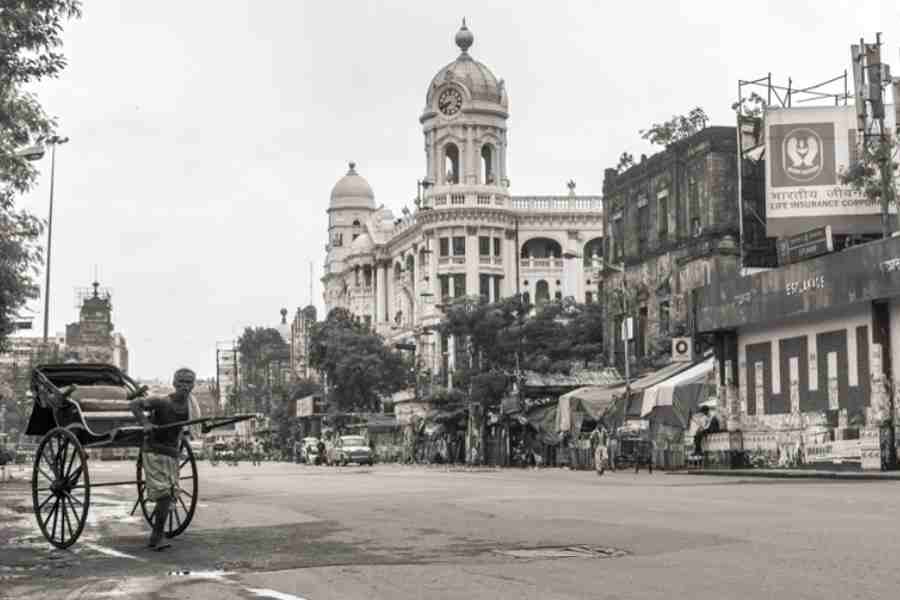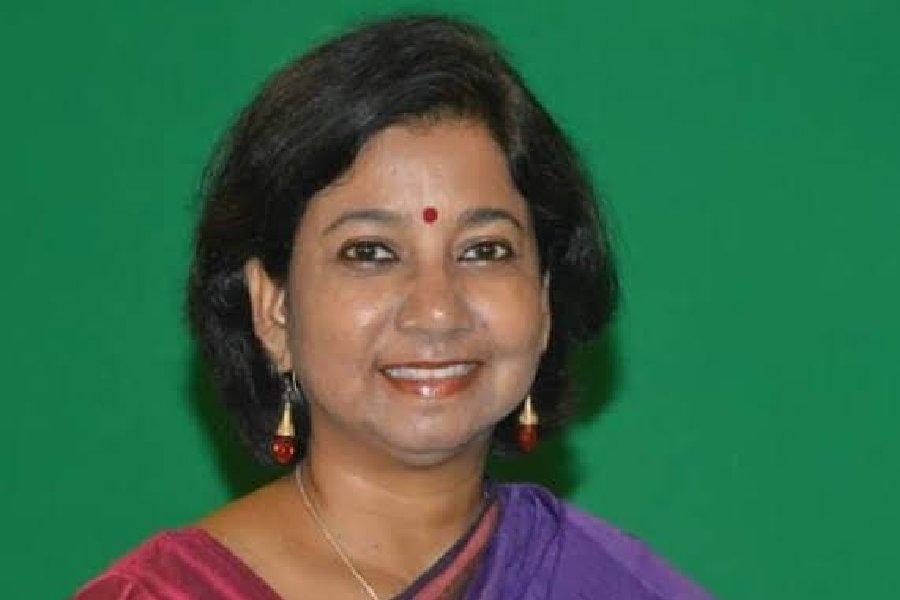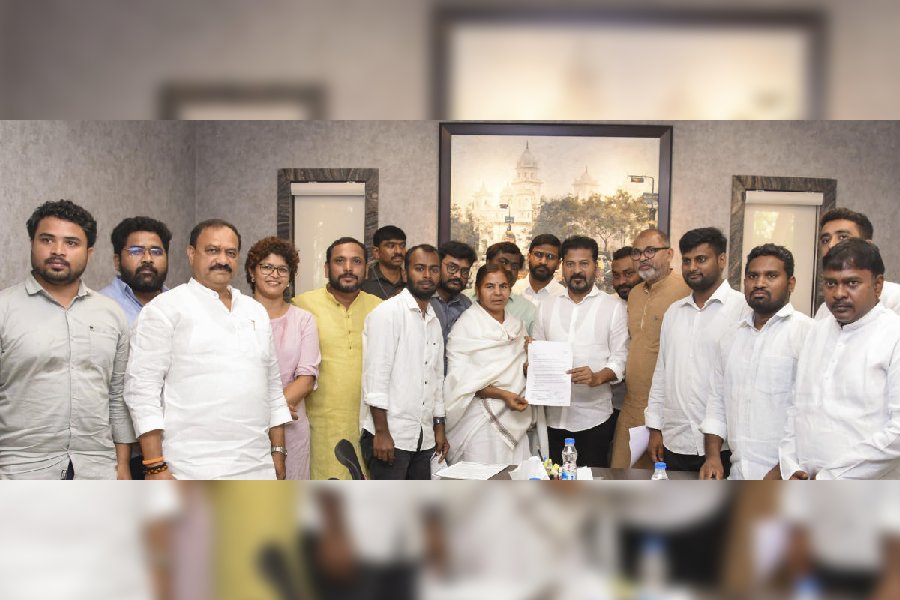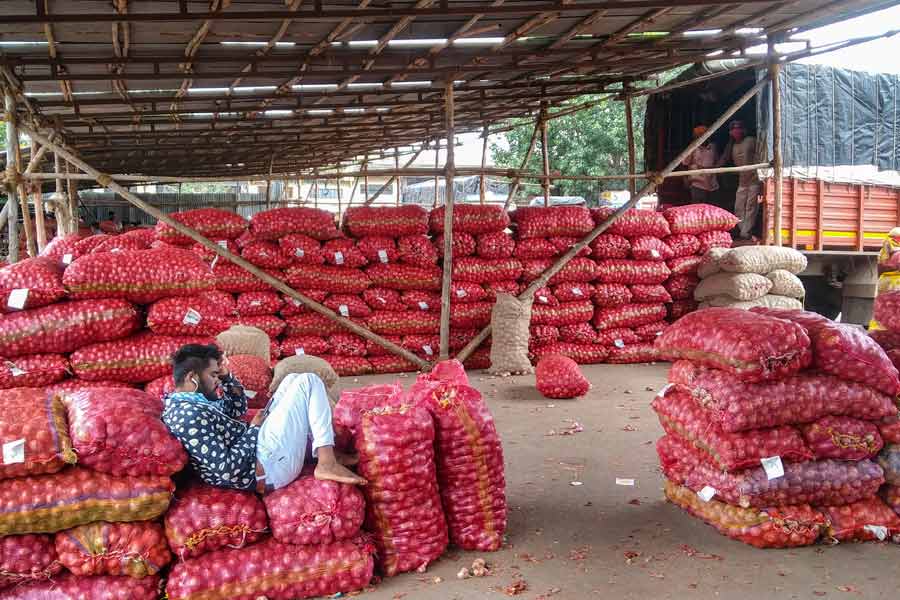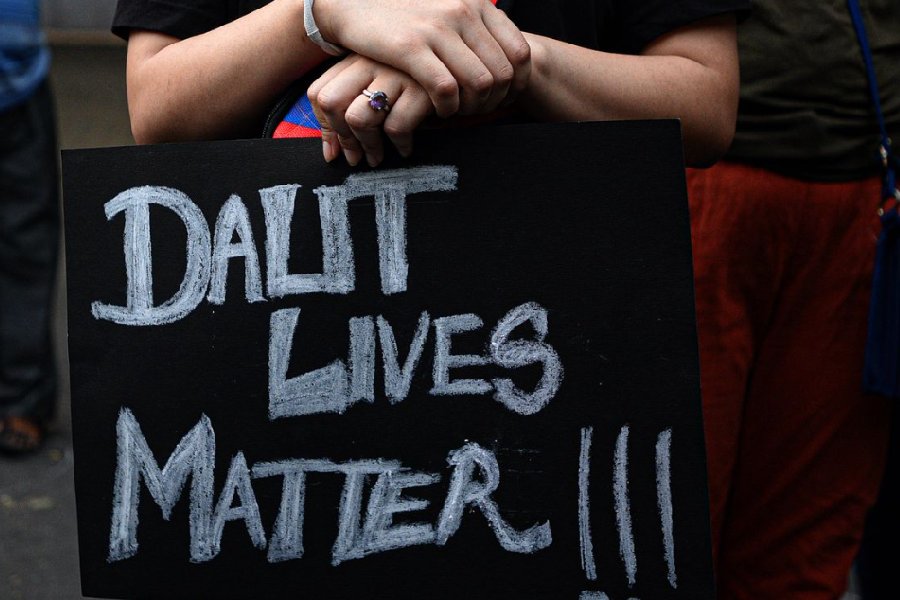Some things have to go. The agony of seeing them cannot be prolonged. Notable among these are a few events in the cultural life of Calcutta. Many of them are on screen, where culture mostly happens.
For example, films featuring famous Bengali detectives. If there is one more Byomkesh film, I will make the next Feluda film myself, and it will be in the horror genre.
Please, stop forwarding nostalgia messages with the hand-pulled rickshaw graphic in it. Sample: “Ai rickshaw, jaben? Kothaye? Chhotobelay. (Hey rickshaw, will you take me somewhere? Where? To my childhood.)” This is a dangerous line of thought. Childhood can be a savage place. Hansel and Gretel were left in the forest by their parents to be eaten by wild animals. Lalkamal and Nilkamal were being targeted by their demon mother every night. She herself wanted to eat them. Calcutta childhoods could be traumatising too. My childhood was full of load-sheddings. There was no Swiggy. And it was long ago. Why would I hire a poor man to carry me that far? It would take too long and it is a place that I would not even private-jet to.
Nostalgia can be a big scam. It makes us forget things about our past, which is not always a beautiful country. Unfortunately, the more I think about things to get rid of from the city, the more they seem to spring from our nostalgia, which manifests itself in the most peculiar ways in the city.
I would argue for some restriction on the words praktan, pracheen, purono. They are all words that mean old, but in a resonating way that is typically Bengali. They generally mean old buildings and North Calcutta, which appear synonymous, but may also mean former life-partners. These words are being bandied about too much. But not their opposite Bengali counterparts, such as nabeen, nutan, notun. Why not? They resonate, too. Tagore used them significantly. What greater proof of their respectability?
Oh, I forgot more words for the past: sabeki, puratoni… You hear the background music? The violin weeping? These words constitute an entire aesthetic and politics and lead to a lot of selfies.
Not another song with “meghla din” in it, if it dissolves into a mournful choir. Then we cannot understand any of the words, unless they are la la la la la. Meghla din means cloudy day, with poetic effect.
No sudden use of Rabindrasangeet in a film. It distracts from the classy drawing room decor.
The classy drawing room, however, is mostly located in South Calcutta and is a mix of classy old and new furniture and classy handloom upholstery and linen. The North Calcutta house has only old furniture, decorated with patina, classy or otherwise.
Outside the screen, can we reclaim the kantha stitch for the kantha, the original wrapping cloth that our grandmothers embroidered for us, maybe not with perfection but with love, to hold us and comfort us? Now you may have kantha stitch lingerie, but try and buy a real kantha for your bed. You cannot afford it.
Can we please, if we are Bengalis, speak to the waiter not in Hindi or English, but in Bengali, if we know that he is Bengali too? No. Because this is an elaborate Calcutta ritual involving the rules of class in the most subtle and complex ways. If you blurt out something in Bengali, you may get the man, or woman, in trouble. Because the waiter is trained to speak in Hindi or English, though everything in his or her background may have conspired to not allow an education in English. These are the languages of power. If you speak in Bengali to a waiter, you are making him or her lower the status of the restaurant. So you keep speaking to each other in English or Hindi and avoid each other’s eyes.
Can we please stop calling machher jhol gravy?
Eating out is too much pressure.

